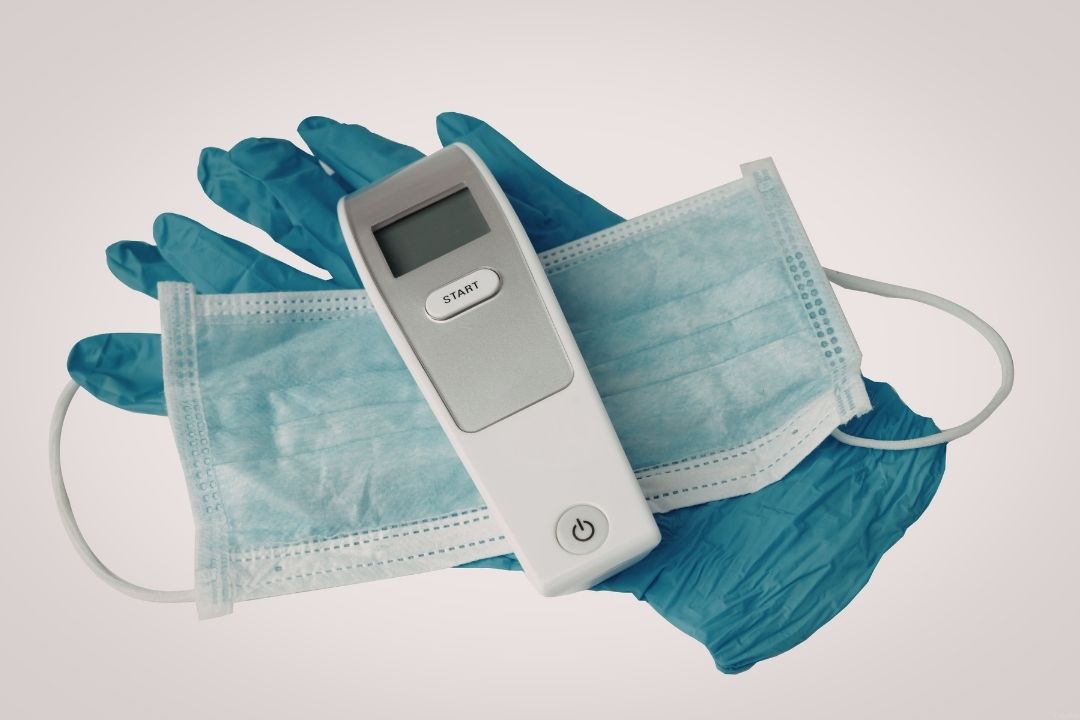
Embarking on the journey to become a registered nurse is an exciting and rewarding endeavor, but it comes with its own set of challenges and milestones. One such milestone is the clinical experience, an integral component of nursing education that bridges the gap between classroom learning and real-world practice. In this blog, we'll delve into the world of nursing school clinicals, addressing common questions and shedding light on what to expect.
What are clinicals in nursing school?
Clinical rotations, often referred to simply as "clinicals," are hands-on experiences where nursing students apply theoretical knowledge in clinical settings under the supervision of licensed healthcare professionals. These settings typically include hospitals, clinics, nursing homes, and community health centers. Clinicals provide students with the opportunity to develop essential skills, gain practical experience, and refine their clinical judgment in a controlled environment.
How many clinical hours are required for nursing school?
The number of clinical hours required for nursing school varies depending on the program and accreditation standards. On average, nursing students can expect to complete anywhere from 500 to 1,000 clinical hours throughout their nursing education. These hours are distributed across different specialties and settings to ensure students receive a well-rounded education and exposure to diverse patient populations.
When do you start clinicals in nursing school?
In most cases, students begin their clinical experiences in the latter part of their first year or the beginning of their second year of nursing school, after completing foundational coursework in anatomy, physiology, and basic nursing skills. The timing of clinical rotations in nursing school typically varies based on the curriculum structure and program requirements.
What to expect during clinical rotations in nursing school
- Supervised Practice: Nursing students work alongside clinical instructors and preceptors who guide them through patient care activities, provide feedback, and ensure adherence to best practices and safety protocols.
- Patient Interaction: Students have the opportunity to interact with patients, families, and interdisciplinary healthcare teams, honing their communication and interpersonal skills.
- Skill Development: Clinicals offer hands-on opportunities to practice nursing skills such as medication administration, wound care, patient assessment, and documentation under the guidance of experienced clinicians.
- Critical Thinking: Nursing students learn to think critically, prioritize patient care needs, and make clinical judgments in real-time, preparing them for the challenges they will face as registered nurses.
- Professionalism: Clinical rotations provide valuable lessons in professionalism, ethics, and cultural competence as students navigate the complexities of healthcare delivery and interact with patients from diverse backgrounds.
Tips for success in nursing school clinicals
- Be Prepared: Review patient assignments, clinical objectives, and relevant medical information before each clinical rotation.
- Ask Questions: Take advantage of opportunities to ask questions, seek clarification, and learn from experienced clinicians.
- Seek Feedback: Solicit feedback from clinical instructors and preceptors to identify areas for improvement and enhance your skills.
- Stay Organized: Keep track of patient care activities, medication administrations, and clinical documentation to ensure accuracy and accountability.
- Embrace Learning: Approach each clinical experience with an open mind, a positive attitude, and a willingness to learn from every encounter.
Are you prepared for clinicals?
Clinical rotations are a cornerstone of nursing education, providing students with invaluable opportunities to translate classroom knowledge into clinical practice, develop essential skills, and prepare for the demands of a career in nursing. While clinicals may present challenges and uncertainties, they also offer immense rewards, personal growth, and a sense of fulfillment as students witness the impact of their care on patients' lives.
By embracing the clinical experience with dedication, enthusiasm, and a commitment to excellence, nursing students can lay the foundation for a successful and fulfilling career in nursing.
Thinking about nursing school? Check out our guide to navigating nursing school interviews to help prepare.





